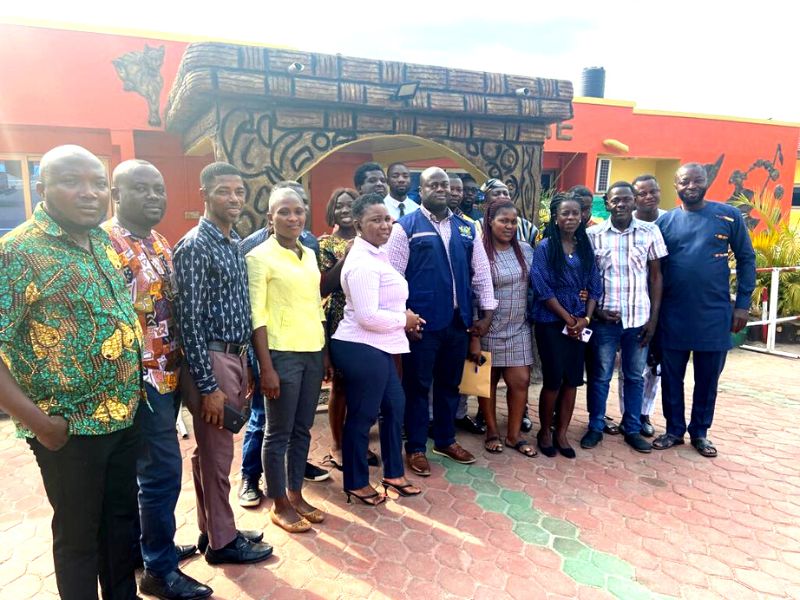Mr. Musah Ibrahim, a consultant at the Water Sanitation and Hygiene (WASH), has expressed worry over Ghana’s performance, in terms of accessing safely managed water and safe sanitation services in line with the Sustainable Development Goals (SDGs).
According to him, there were still challenges with water quality in Ghana, and that about 48% of improved sachet water and 10% of water from Ghana Water Company services were faecal contaminated, despite efforts by the government and other organisations to improve water and sanitation hygiene for all by 2030.
He was speaking at the National Training Workshop on Sanitation on the theme: “Achieving Open Defecation – Free Ghana by 2030; The Role of the WASH Journalist” organized by GAMA and Sanitation in Kumasi recently.
The Ghana Sachet producers association had already rejected claims that water they produce for consumption of the public contains faecal matter and that the accusation against them was meant to destroy their businesses and nothing else and called on the public to reject the unscientific claim.
But at the workshop, Mr. Musah Ibrahim insisted that the water they produce contain some level of faecal matter. He also alleged that 75% of water at the point of use at household level have traces of faecal matter. He attributed the development to open defecation a section of the population has resorted to, which must be condemned at all time.
According to Ibrahim, the 2021 Population and Housing Census (PHC) has named the leading Open Defecations areas in Ghana as Northern Ghana with Wa East leading with 89.6%, and Bongo district the least with 81.7%.
He underscored that,Nandam recorded 89%, Mamprugu Moaduri 88%, North East Gonja 86%, Nanumba North Municipal 82.6%, with Nanumba South recording 82.1%.
The WASH consultant noted that, the role of Ghana WASH Journalist Network (GWJN) is to ensure that the media reports on compelling stories and the marginalized in society, Women, girls, children and People Living with Disabilities (PLWDs).
He urged the participants to be objective, factual and always use fair methods to obtain information and respect the confidentially of the sources.









